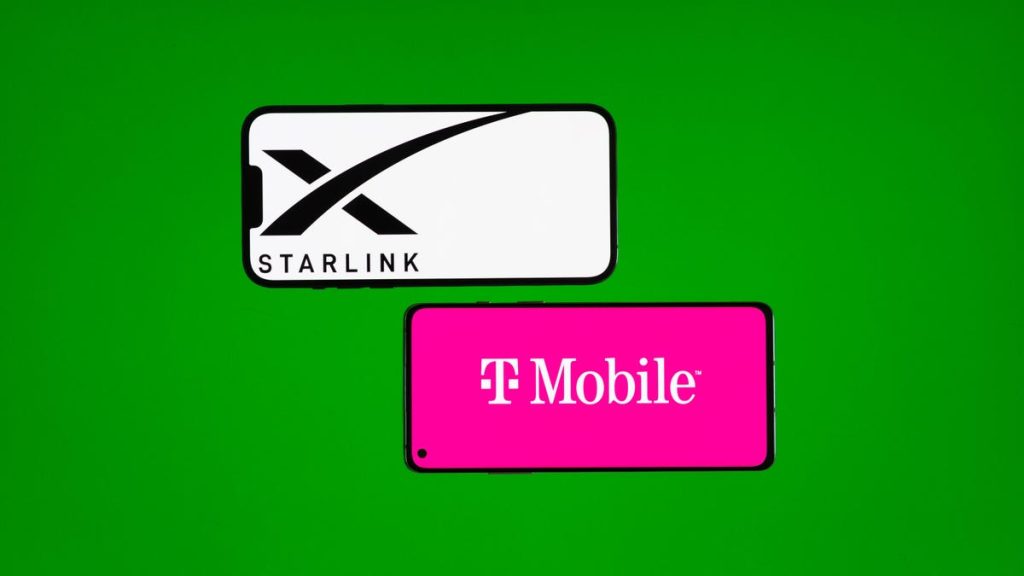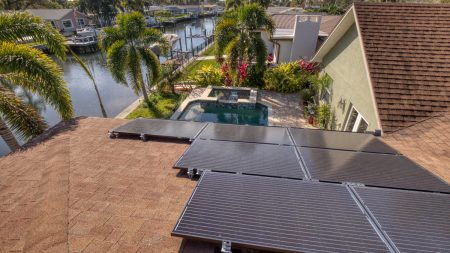Starlink and T-Mobile Home Internet are both popular options for home internet in rural or remote areas where traditional cable or fiber internet access is not available. While Starlink offers greater availability and roaming capabilities, T-Mobile Home Internet is potentially faster and more affordable. In reviews by CNET, T-Mobile Home Internet scored higher than Starlink, making it a preferable choice if available. However, in comparison to other satellite providers, Starlink often stands out as the better broadband option.
When it comes to pricing, T-Mobile Home Internet is significantly cheaper than Starlink, with a monthly cost starting at $60 compared to Starlink’s $120. T-Mobile also offers free equipment rental, unlimited data, and no contract requirements. On the other hand, Starlink charges equipment fees ranging from $400 to $600 or more, making it a more expensive option.
In terms of speed, T-Mobile Home Internet offers a higher range compared to Starlink, with speeds ranging from 72 to 245Mbps. However, Starlink is transparent about the speeds customers can expect in different parts of the US, and it claims that the majority of customers experience speeds over 100Mbps. Starlink also offers priority data for faster and more consistent speeds during peak times, giving it an edge over T-Mobile Home Internet in terms of speed consistency.
When it comes to latency, both Starlink and T-Mobile Home Internet offer low enough latency to support online gaming. Starlink’s advertised latency is between 25 and 60 milliseconds, while T-Mobile Home Internet’s latency ranges from 19 to 37 milliseconds. Both providers ensure that latency is not a significant issue for their customers, making them suitable for gaming and other online activities.
In terms of equipment and fees, T-Mobile Home Internet has an advantage as it does not charge any equipment fees. On the other hand, Starlink requires an equipment purchase fee of $600, with refurbished options available for around $400. Additionally, Starlink may take longer to deliver the equipment compared to T-Mobile Home Internet. Both providers do not enforce data caps or require contracts for service, offering flexibility to their customers.
Overall, T-Mobile Home Internet is a preferable choice due to its affordability, faster speeds, and no equipment fees. However, in areas where T-Mobile Home Internet is not available, Starlink remains a reliable option with better availability and priority data plans. Both providers have received positive customer satisfaction ratings, indicating a good start in the home internet market.















